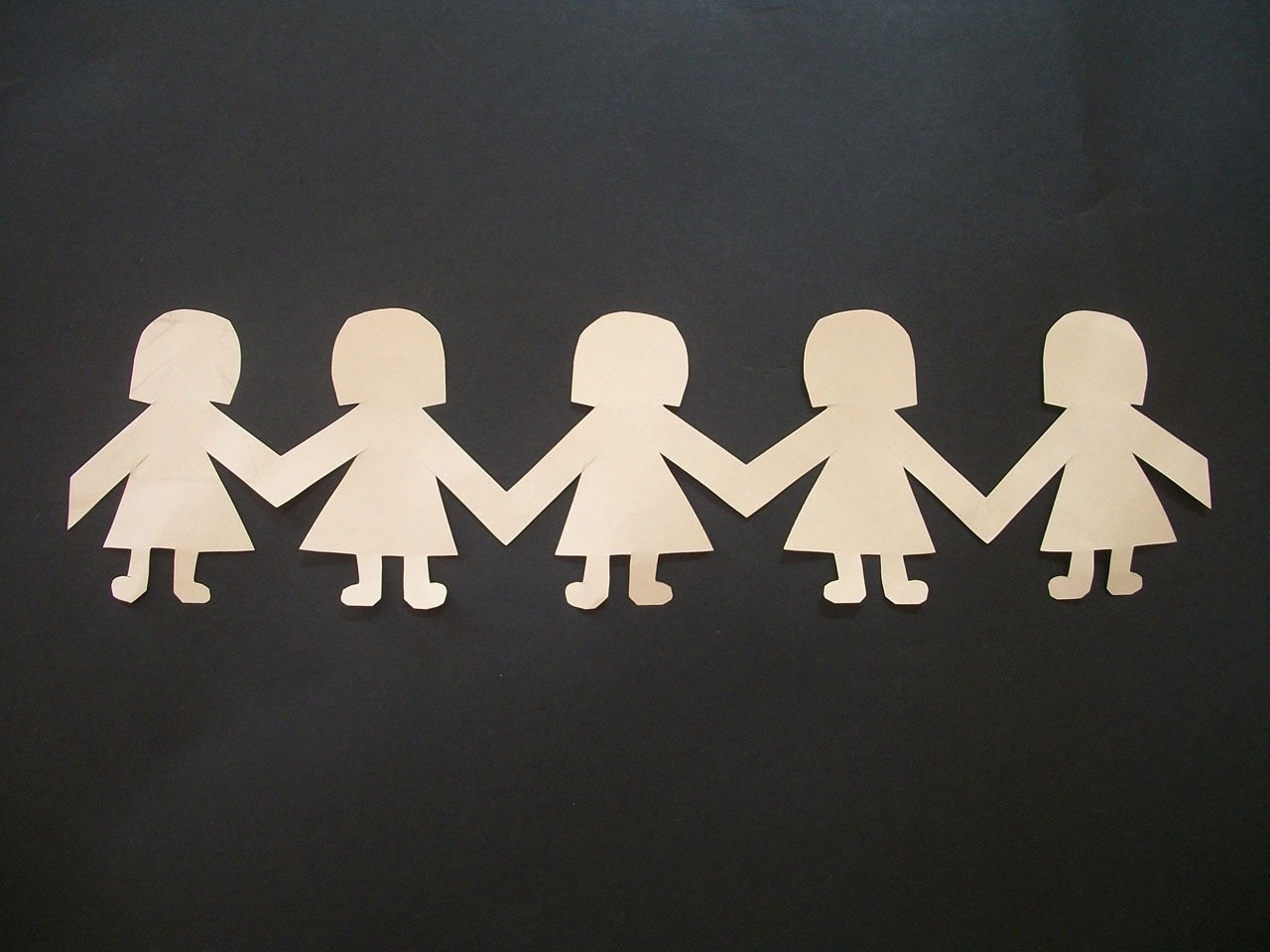interviews
I’m Almost 40 and Still Getting My Stories Rejected—Am I Running Out of Time?
The Blunt Instrument on how old is too old to become a successful writer

The Blunt Instrument is a semi-regular advice column for writers. If you need tough advice for a writing problem, send your question to blunt@electricliterature.com.
Dear Blunt Instrument,
I’ve read through your past columns about the anxiety of rejection, and also, past Electric Literature posts about why pieces get rejected.
I am in a period of acute existential anxiety, which has led me to do all kinds of things, like fire my therapist — who didn’t understand why I was reading for pleasure when I was in graduate school (an MFA!) and told me that I “chose” to write fiction because subconsciously I knew I would never succeed — and to start training for a century ride.
The extreme and acute existential anxiety drives me — I have been called “hellaciously productive” — but it also is obviously unhealthy and not sustainable. It derives from two things:
- I’m heading into my last year of MFA and I don’t know what happens after but I have to start worrying about how I’ll eat after graduation now;
- I’m old as fuck for an MFA: I can never be a Something Under 35, I may never be an Anything Under 40, and the prospect of being an over-40, emerging writer is, well, scary and humiliating when your twenty-something peers are scooping up accolades; and okay, three things;
- Most immediately, for the last year I have been in a nice rejection note holding pattern for my fiction writing: I get more “long lists” and “please re-submit in the future” and “we look forward to reading more of your work” than I do form rejections — but still no actual acceptances.
On the one hand, these are great and encouraging, because the people who edit magazines and journals that I’ve loved for years think my work is “compelling” and “enjoyed reading it” and “found much to admire.” On the other hand, I cannot use that pay my landlord, my impending student loans, my maxed out credit cards, my dentist (surprise: I grind my teeth), or the new therapist that I’m trying to find now.
At times, it seems bizarre and cruel that fiction publishing operates the way in which it does, like some kind of purgatory: like I have to write 2500 words a day for X amount of years, read X amount of books, re-submit to the same 25 publications and awards X times, and eventually, hopefully, maybe land an agent and maybe earn an audience outside of my cohort. I keep learning new things and working, but it hurts something terrible when it comes to nothing, and it becomes scary when I consider these failures in light of the rest of my life: senior parents who rent and live check-to-check, raging student debt from undergrad (despite working full time all the way through it), and a series of false starts in other careers.
I’ve done the things you’re supposed to do: “rejection therapy,” working as a reader, working as an editorial assistant and intern, writing reviews and criticism, reading everything I could get my hands on, applying and being accepted to a funded MFA, and working my ass off since I’ve been here. I write every day, I read every day, I revise and interrogate my own work constantly. And yet, it is to no avail. When I try to talk to other, more established writers about this, they tell me to “be patient” and it “takes time” but it feels like I don’t really have that — my eggs are shriveling and my face is wrinkling; statistically, women hit peak wage-earning capacity at 35 and face hiring discrimination after 40 — and it just feels like I’m too old to still be figuring things out.
It just feels like I’m too old to still be figuring things out.
The short of it: am I too old to even matter? Should I just give up on fiction? I feel like I am good, and like I have important things to say, but that nobody really wants to listen, and that soon enough, I will be an invisible old bag anyway, chain-smoking American Spirits in a secondhand muumuu, surrounded by a pack of borderline-feral lapdogs, walls to my studio apartment washi-taped with all of my encouraging declines on Submittable.
The short of it: when does “we look forward to reading more of your work in the future” become “we look forward to publishing your work”?
Sincerely,
How Soon Is Now
PS: Also, I should probably chill out, but it seems like my concerns are reasonable and that a certain level of doubt and fear keeps me moving. How do I keep my writing anxiety on the productive side and not let it destroy me? (Asking for my molars.)
Dear How Soon,
There’s a lot going on in your letter, and as you mention, I’ve addressed some of your concerns in this column before (in particular, dealing with the anxiety of rejection). So I won’t linger too long there, except to say that I think you’re doing almost everything right — you’re working hard, you’re productive, and your writing is getting very close to publication. All signs suggest that you’re going to get good news soon. Your established writer friends are correct: it takes time; be patient.
I do see a few errors in your thinking, though — areas where resetting your expectations and getting more perspective could help you keep up your work with less teeth grinding.
First, let’s establish that there’s nothing “bizarre and cruel” about the work involved in a writing career. You say it feels “like some kind of purgatory: like I have to write 2500 words a day for X amount of years, read X amount of books, re-submit to the same 25 publications and awards X times, and eventually, hopefully, maybe land an agent and maybe earn an audience outside of my cohort.” Yes, you need to write and read and submit for many hours and do it all over again for many years before you’re going to be successful, but it’s not because gatekeepers are hazing you. It’s because experience will make you a better writer. Getting an MFA doesn’t magically mean you’re done learning and deserve to get published, and just because you’re getting your MFA later than some doesn’t mean you get to skip the work that occurs outside and after the MFA.
Second, let’s talk about ageism. I understand that being surrounded by 20-somethings can make you feel old. (Some of my direct reports like to append their birth year to their passwords; they were born in the 1990s.) But think about how your letter would sound to someone ten or twenty or thirty years older than you. How will it sound to you, if you read it in ten or twenty or thirty years? Heck, I am about your age and I’m vaguely offended that you even question whether you are “too old to even matter.” The answer is NO, you are not too old and will never be too old. Too old for what? Almost dead people still matter, and writing isn’t gymnastics. There is ageism in publishing, but self-loathing and defeatism won’t help our cause. Further, you don’t have to put your birth year in your cover letter, so there is no reason to think age has something to do with your rejections.
There is ageism in publishing, but self-loathing and defeatism won’t help our cause.
Penelope Fitzgerald was 58 when she published her first book, a biography. She was 60 when she published her first novel. You’ve got twenty years to beat her time. Don’t worry about getting on an “Under X” list. They’re silly and ageist. Also ageist: The image of an aging woman writer as an “old bag” “chain-smoking” in a “secondhand muumuu.” Who says people with muumuus and lapdogs can’t be great writers? (I’m reminded of Mary McCarthy calling Dorothy Parker disappointingly “dumpy” in her memoirs, for which I will never forgive her.) We can’t complain about being the victims of ageism if we are ageist ourselves. In other words, be the change you want to see in the world, etc.
Third, let’s talk about money. You say that you can’t use nice rejections to pay your bills. Unfortunately, you’re not going to be able to use acceptance letters to pay your bills either. Many magazines and journals pay nothing at all, and others only a small honorarium (say, somewhere between $50 and $500 per piece). Even at the high end, you’d have to publish 60 stories in a year (more than one per week) to net $30,000, and at those wages you’d be going further into debt, not getting out of it.
Support Electric Lit: Become a Member!
A vanishingly small number of writers can afford to live on book sales alone. Especially at this stage of your career, it’s crucial that you find another form of employment. You may eventually make some money from your fiction (I hope you do!) but you can’t depend on it. Get a job that provides a stable source of income and health (and dental) insurance, and ideally leaves you time for writing. Easier said than done, I know, but writing isn’t easy. For that matter life in general is not easy.
To circle back to where we started, I’ll repeat: You’re doing almost everything right. Keep up the hard work, but remember that the time you’re spending writing and reading and submitting (not to mention living) is not some kind of symbolic prerequisite for getting to the big writers’ table; it’s necessary time that is making you better. The better your writing gets, the easier it will be to get published. (We all know shitty work gets published too.)
The time you’re spending writing and reading and submitting is not some kind of symbolic prerequisite for getting to the big writers’ table; it’s necessary time that is making you better.
Also, get another therapist — but make sure your new therapist is sympathetic to the needs of artists. There are actually therapists that specialize in working with writers and artists, though one writer friend of mine who deals with anxiety, and has a great relationship with his current therapist, says his best advice for finding the right one is to pick someone older — a nice reminder of the value of experience.
I wish you luck and mental peace.
—The Blunt Instrument








